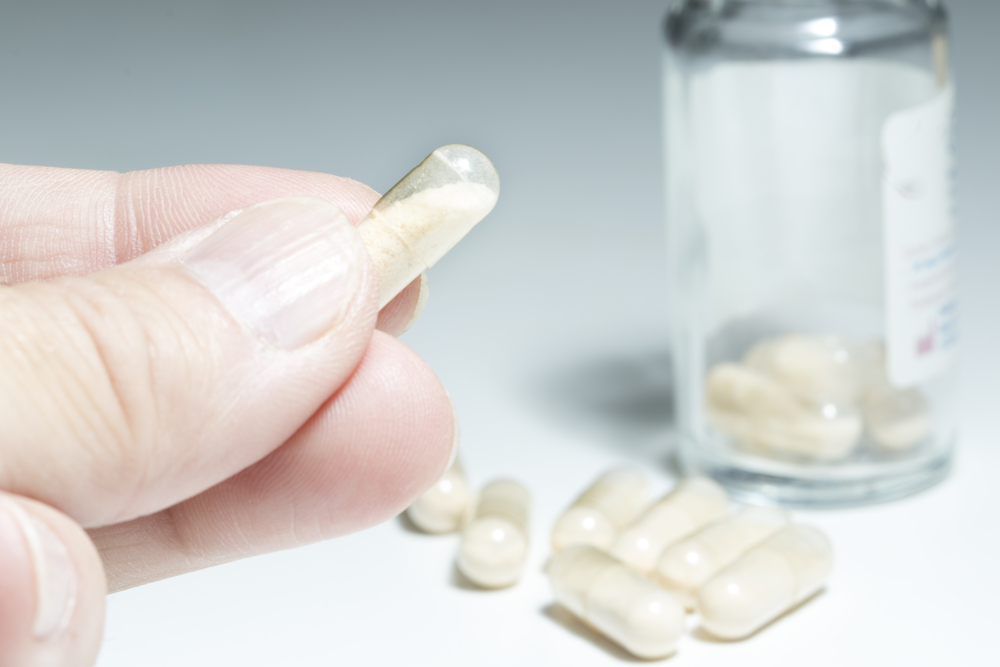Probiotics Consumption May Improve Certain Disease Parameters in MS Patients, Study Suggests
Written by |

Probiotics may improve the health of people with multiple sclerosis (MS) by reducing disability and improving inflammatory and metabolic parameters, an Iranian study shows.
The study, “Clinical and metabolic response to probiotic supplementation in patients with multiple sclerosis: A randomized, double-blind, placebo-controlled trial,” appeared in the journal Clinical Nutrition.
Live microorganisms linked to health benefits, known as probiotics, have long been known to help chronic disease patients. In a previous study of people with major depressive disorder, probiotics treatment for eight weeks improved patients’ depression and metabolic parameters.
More recently, authors investigated the impact of probiotics on a group of MS patients, looking not only at mental health and metabolic indicators, but also disability scores. Researchers at Tehran’s Shahid Beheshti Hospital recruited 60 MS patients, divided them in half, and assigned 30 to take a probiotic capsule and 30 a placebo once a day for 12 weeks.
The probiotic contained the healthy bacteria Lactobacillus acidophilus, Lactobacillus casei, Bifidobacterium bifidum and Lactobacillus fermentum. Researchers measured patients’ health parameters and disability scores at baseline and after treatment.
The results showed that probiotic intake after 12 weeks improved MS patients’ disability scores (assessed by the expanded disability status scale, EDSS) when compared to placebo controls. Although this improvement was statistically significant, it was not clinically significant — which is defined as a change of 1.0 point or more at EDSS levels less than 5.5, or 0.5 point or more at EDSS levels greater than 5.5).
Moreover, benefits were also detected in several mental health parameters – Beck Depression Inventory, general health questionnaire-28 (GHQ-28), depression anxiety and stress scale.
Consuming probiotic capsules also significantly decreased insulin levels and high-density lipoprotein (HDL) cholesterol in circulation, researchers also found. It also lowered certain markers of inflammation and oxidative stress, such as serum high-sensitivity C-reactive protein (hs-CRP) and malondialdehyde (MDA).
“Our study demonstrated that the use of probiotic capsule for 12 weeks among subjects with MS had favorable effects on EDSS, parameters of mental health, inflammatory factors, markers of insulin resistance, HDL-, total/HDL-cholesterol and MDA levels,” the team concluded.


